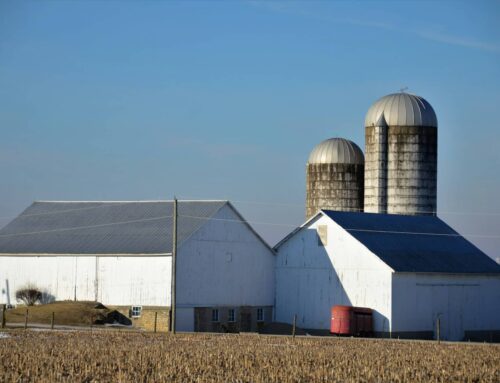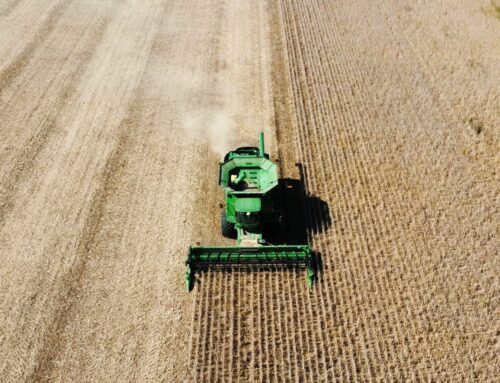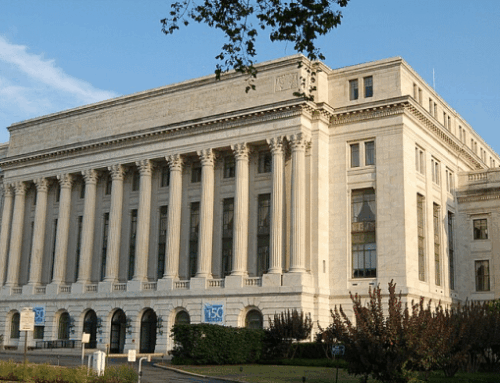Lawmakers say some pretty weird things from time to time.
Members of Congress commenting on the controversial tax cut legislation are no exception. In a December 2 article, the Des Moines Register quotes Iowa’s senior senator, Republican Chuck Grassley, as saying:
I think not having the estate tax recognizes the people that are investing as opposed to those that are just spending every darn penny they have, whether it’s on booze or women or movies.
— Senator Chuck Grassley
While Senator Grassley’s quote insults the 99.8% of taxpayers who never amass an estate large enough to pay for the estate tax, more galling is his continued reliance on the false claim that the estate tax is a threat to farm families keeping their farms.
The federal estate tax is a 40 percent tax on wealth assessed when a person dies. But the tax doesn’t kick in until assets exceed $5.49 million for individuals and $10.98 million for couples. Estates with income from farming have numerous deductions and credits that reduce their taxable assets. Land that will continue as a farm is assessed by its value as a farm, as opposed to the market rate it could fetch if subdivided into housing, which reduces the value by up to $1 million. Conservation easements that restrict how land can be used also reduce the estates value. And taxpayers that operate a farm business can spread out estate tax payments over 14 years.
These carve-outs lead to very few farm businesses paying estate tax. As the Des Moines Register points out:
“According to IRS data from 2016, just 682 tax filers in the entire country who owed estate taxes owned any farm assets. That represents about 13 percent of the 5,219 estate tax returns in which taxes were owed.
And even that figure likely overstates the number of primarily farm operations subject to the tax. A 2015 report from the Congressional Research Service projects that just 65 farm estates annually across the U.S. face an estate tax liability. Less than a quarter of these, the congressional report finds, have insufficient cash to pay their tax bills.”
According to the USDA there are more than 2 million households receiving income from farming and ranching. Even by USDA’s estimates 99.6 percent of these farmers and ranchers move on to the next growing season without paying estate tax.
However you slice it, the data shows you’d be hard-pressed to find a farm family that actually paid any estate tax, let alone lost their farm because of it. Taxpayers deserve comprehensive tax reform that is revenue neutral, cuts out special interest giveaways, and lowers rates for everyone. What they don’t need is lawmakers misusing American farm families to pass a flawed bill.










